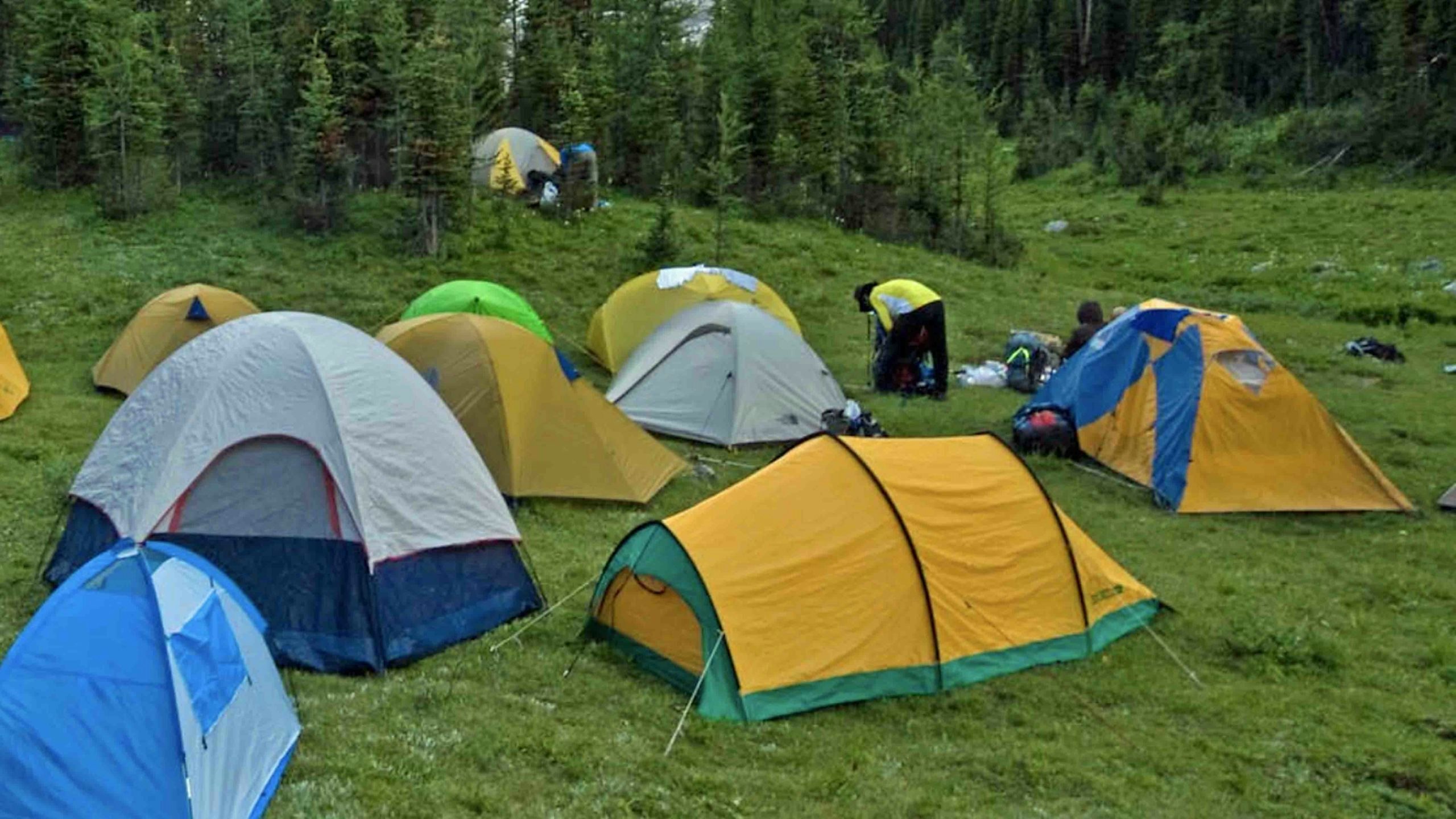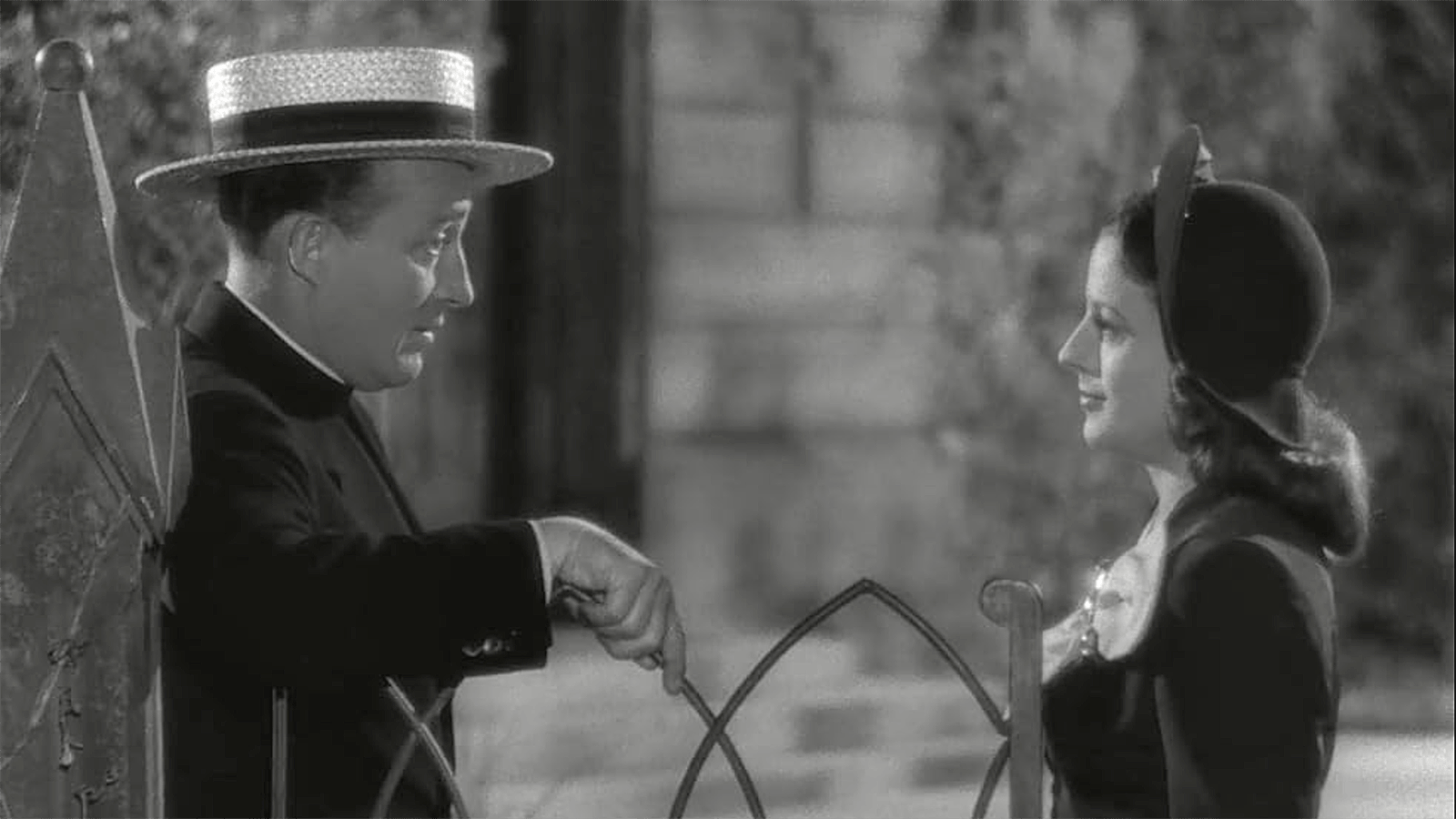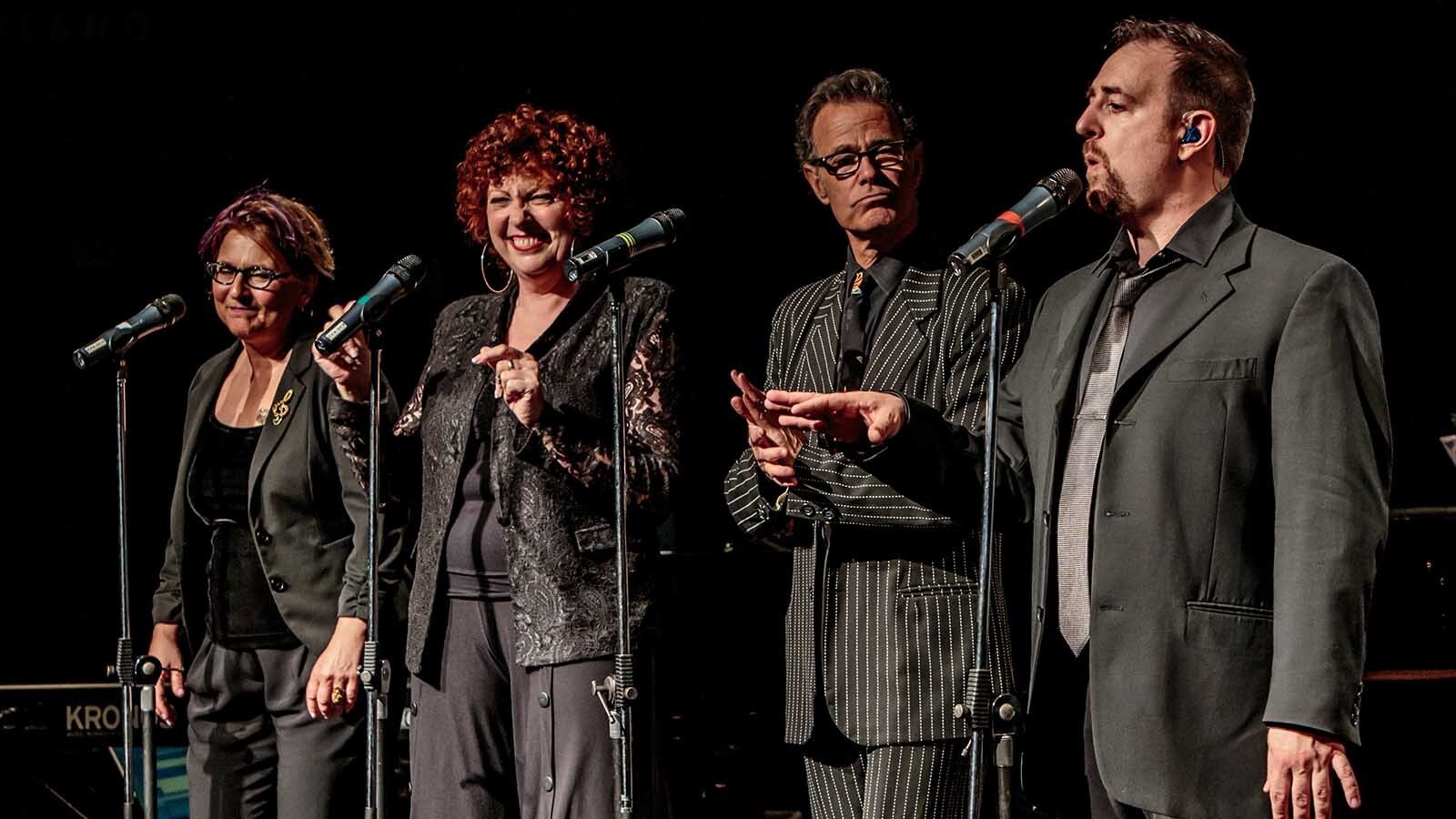Jackson is home to some of the world’s wealthiest individuals — and to many of the working poor who meet their needs.
The disparate economics of the working class vs. homeowners in Teton County is among the most extreme in the nation and has created housing situation where people who want to work in Jackson can’t afford to live there.
According to a report released last month by the Economic Innovation Group, Teton County has the highest per capita income in the country — over $250,000. The county’s wealth is comparable to places like Manhattan, New York; San Mateo, California; and Palm Beach, California — but for the area’s labor force, it’s a different story.
Although the latest data isn’t available, last fall the county’s food service and hospitality workers earned an average of $15.64 an hour.
Sharel Lund, executive director of the One22 Resource Center, said some employers are beginning to pay their workers more, but it is still not enough to let them keep up with housing market.
“I think that most employers that I’ve talked to have increased wages,” said Lund, whose organization provides assistance to those in need in the county. “But, you know, nobody really knows if the wage increase is on par with the housing increase, it’s pretty tough to keep up with that.”
Lund said many people move to Jackson without understanding that although jobs are available, affordable housing is not.
“It’s hard to believe the scarcity of housing that actually exists,” she said. “They see a dozen pages of ‘help wanted’ ads and are like, ‘Sweet, I’m going there.’ But the lack of housing here is really quite literally unbelievable.”
An ad in the local newspaper earlier this summer listed one available rental in nearby Wilson as a “5br/4ba newly remodeled house” that could be had for $20,000 a month.
This type of price is a little steep for rural Wyoming.
According to the Jackson/Teton County Housing Authority, for the third quarter of 2021, vacancy rates remain at 0% — meaning there simply are no homes people to move into.
Rental rates for studio units went up about 6% this year to around $1,825 per month. A three-bedroom apartment in Jackson averages around $3,700 per month, according to the most recent data.
Camping As Housing
So what are workers to do? Well, many go camping — for the whole summer.
Bridger-Teton National Forest officials estimate that between 300 and 500 people are living in the nearby forest during the summer season. Chris Moll, director of the Hirschfield Center for Children in Jackson, said families camping in the forest because they don’t have a place to live has been occurring for decades.
“I’ve lived here for 30 years, and that’s been going on for as long as I can remember,” Moll said. “It’s always been an issue here… I think now, it’s just way worse than it’s ever been because of the divide between the haves and the have-nots here.”
Moll said in the winter, when the weather turns cold, some hotels in the area will lower their rates to allow families an affordable roof over their heads.
“So during the school year, when things start getting cold, some of the lower end hotels will open up monthly rates,” he said. “And we’ll see, you know, a family of four or five living in a hotel room.”
Lund said her organization can only do so much.
“A couple of years ago, rent assistance really made a difference for folks, helped bridge the gap, if they were just getting started, or maybe they had a seasonal layoff or something like that,” she said. “What we’re finding now is that housing just isn’t available at any cost. I mean, the inventory is just simply not there.”
She explained that with the housing market as hot as it is, some properties are being sold for a large profit, but the tenants who may inhabit those homes are then displaced.
“A lot of folks who have rental housing, are needing to reclaim that rental housing from their open market rental for their own employees,” she said. “So it’s a shift, you know, so they’re housing someone else. But that’s displacing the person that’s in it.”
To be fair, Lund said, there is a push to build more housing in Teton County right now.
“There is a lot of housing coming online, there’s a lot being built – but it’s just not fast enough, and it’s not of enough quantity, and it’s still expensive.”
Hughes Charitable Foundation
One organization which stepped up this summer is the Hughes Charitable Foundation which donated $10 million for affordable housing in July.
The $10 million dollar gift is the single largest private donation toward affordable housing in the history of Teton County.
The $10 million gift is directed toward housing the workers at a diversity of human service-focused organizations in Jackson Hole: Senior Center of Jackson Hole, Community Entry Services, Community Safety Network, Curran-Seely Foundation, One22, Teton Literacy Center, Children’s Learning Center, Climb Wyoming, Jackson Hole Community Counseling, Teton Youth and Family Services, Teton County Sheriff’s Office, Jackson Police Department, and Jackson Hole Fire/EMS.
“We wanted to do something meaningful to support our community’s safety net workers. They are the unseen heroes of our community, and we want to help ensure that they can continue to meet our community’s needs in perpetuity,” said Wayne and Molly Hughes of the Hughes Charitable Foundation.
“We wanted to do something meaningful to support our community’s safety net workers. They are the unseen heroes of our community, and we want to help ensure that they can continue to meet our community’s needs in perpetuity.”
This gift will enable the Housing Trust to accelerate its next project and break ground in the summer of 2022. By 2023, 10 essential human service organizations and three public service entities will have the opportunity to offer stable, secure housing to key employees.
‘It’s like we’re constantly slapped down, so I feel like this gift was so uplifting,’ said Sarah Cavallaro, executive director of Teton Youth and Family Services. ‘It’s like someone sees what we’re doing.'”





